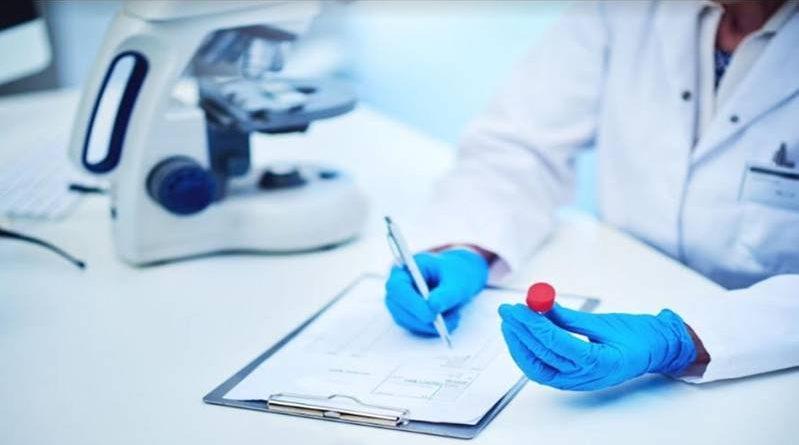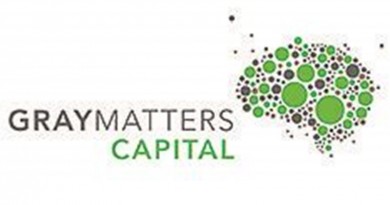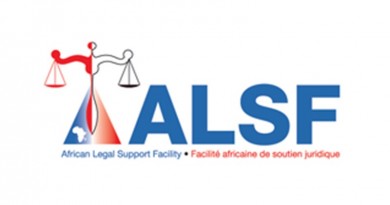54gene Partners Senegal’s National Academy of Sciences and Technology on SEN-GENOME Genetics Research Study
Dakar, Senegal. 26 May 2022. 54gene, the health technology company advancing African genomics research for improved global health outcomes, has partnered on a new Senegal research study SEN-GENOME, which will establish a full genomic database of the Senegalese population. Under the purview of the Ministry of Higher Education and Innovation of Senegal, a Memorandum of Understanding (MOU) was signed in Dakar with the The National Academy of Sciences and Technology of Senegal (ANSTS) and the Department of Human Genetics of the Faculty of Medicine, Pharmacy and Odonto-Stomatology of Cheikh Anta Diop University, Dakar. The groundbreaking study will involve Senegal’s principal ethnolinguistic groups and will be critical in gaining an understanding of human evolutionary history and how this influences disease risk in different human populations.
Studying the underlying genetic characteristics of the Senegalese population will give researchers and medical practitioners a clearer understanding of the hereditary links to health and disease in the country, as well as improving interventions for disease management and treatment. As less than 3% of genomic data at present comes from African populations, SEN-GENOME has the potential to contribute to new discoveries, for the benefit of the Senegalese, Pan-African and global populations.
Through the SEN-GENOME study, Senegal will become one of the first African countries to establish a full ‘reference genome’, a database giving a full picture of the genetic characteristics of a given population. As such, Senegal is setting itself apart as an innovator in the field of genomic research.
Senegal has historically been a focal point of migration from the continent and a crucial piece in the formation of the African diaspora. As such, this study has the potential to contribute significantly towards extensive and life-changing research related to the health of the world African population. In addition to important scientific discoveries, SEN-GENOME will pave the way for further research into ancestry and genealogy, providing fresh insight for people of African descent hoping to understand their ancestry.
Commenting on the signing of the agreement, 54gene founder and CEO Dr. Abasi Ene-Obong said, “Africans are the most genetically diverse population and this study is a significant step in enabling Senegal to advance the practice of Precision Medicine in the country. We’re honored to collaborate with our partners in Senegal as the country continues to consolidate leadership and innovation by becoming one of the few African countries where genomics research is a reality.”
The study will recruit participants from all regions of the West African country and is expected to establish a baseline genetic characterisation of the Sengalese population. Through the collaboration, 54gene will bring its expertise and support the training of Senegalse scientists. 54gene is also committed to collaborating with their Senegalese partners on additional projects.
Spokesperson for the National Academy of Sciences and Technology of Senegal, Professor Aynina Cisse, said, “SEN-GENOME is a research project initiated by the National Academy of Sciences and Techniques of Senegal (ANSTS), in collaboration with the Human Genetics Department of the Faculty of Medicine, Pharmacy and Odonto-Stomatology (UCAD). The idea germinated, following the observation made by the researchers that the reference sequence of the human genome currently used, does not reflect the genetic diversity of the African populations in general and Senegalese in particular.”
Principal Investigator and Head of Human Genetic Department of the Cheikh Anta Diop University, Dakar, Professor Rokhaya Ndiaye Diallo commented, “The medicine of the future will depend on an understanding of the genetic heritage of each individual. The SEN-GENOME project, the first of its kind in Francophone Africa, aims to create a reference genome for Senegal, reflecting the genetic diversity of the population.This database will be used to establish personalized medicine in order to improve the diagnosis, treatment and prevention of the most common diseases. It will also allow anthropologists to better understand the socio-cultural history of our communities in the interests of national cohesion.”




